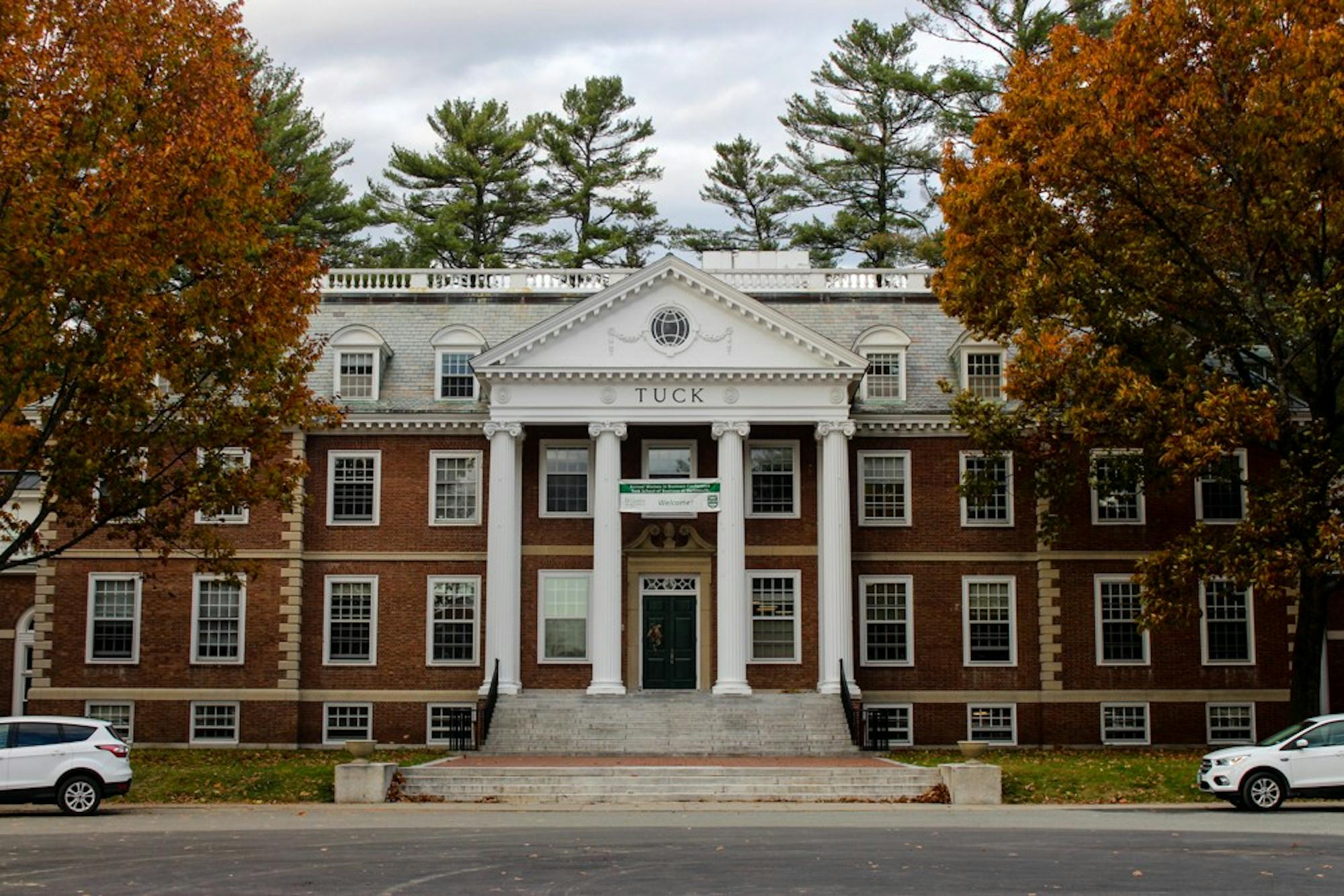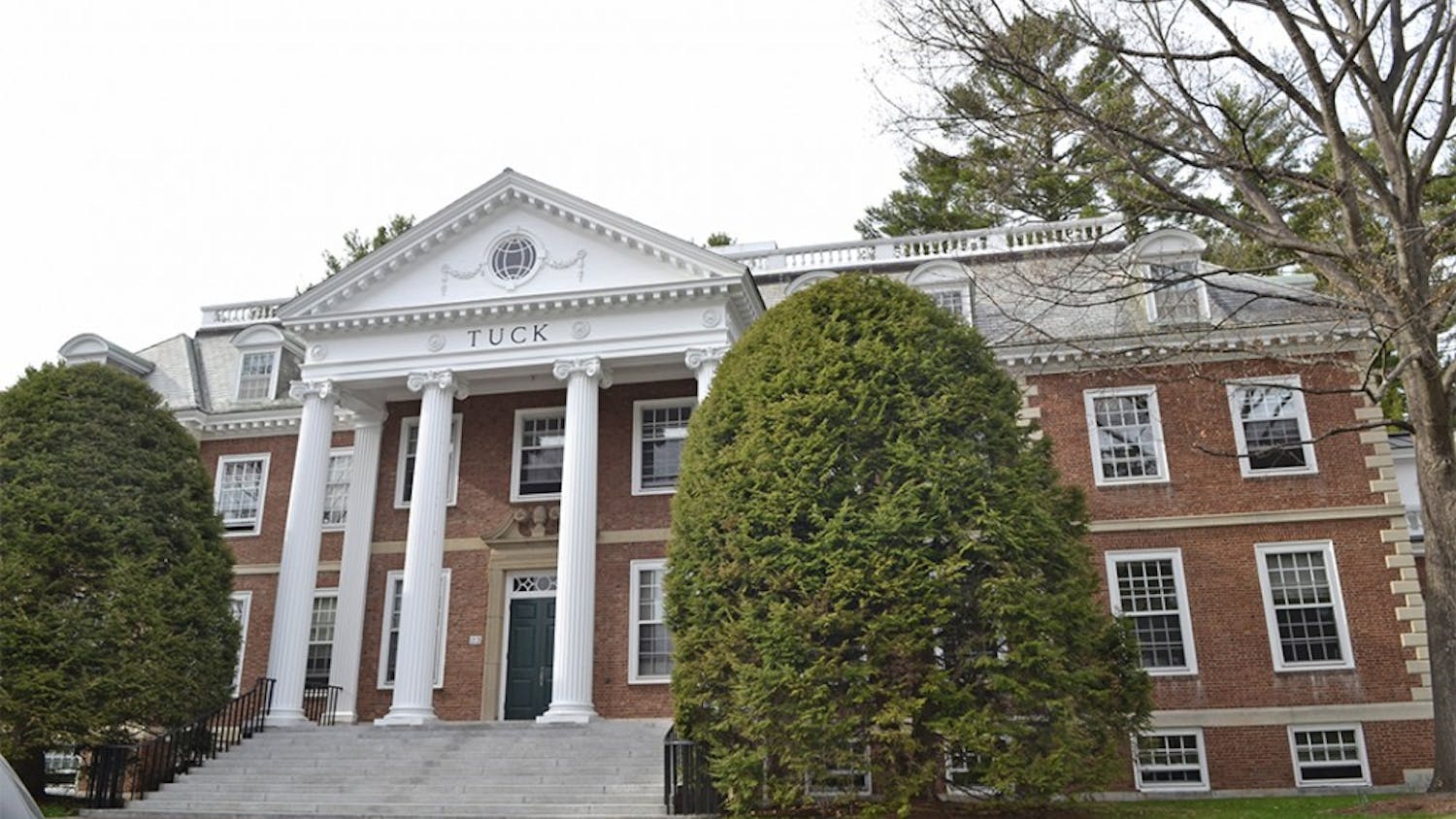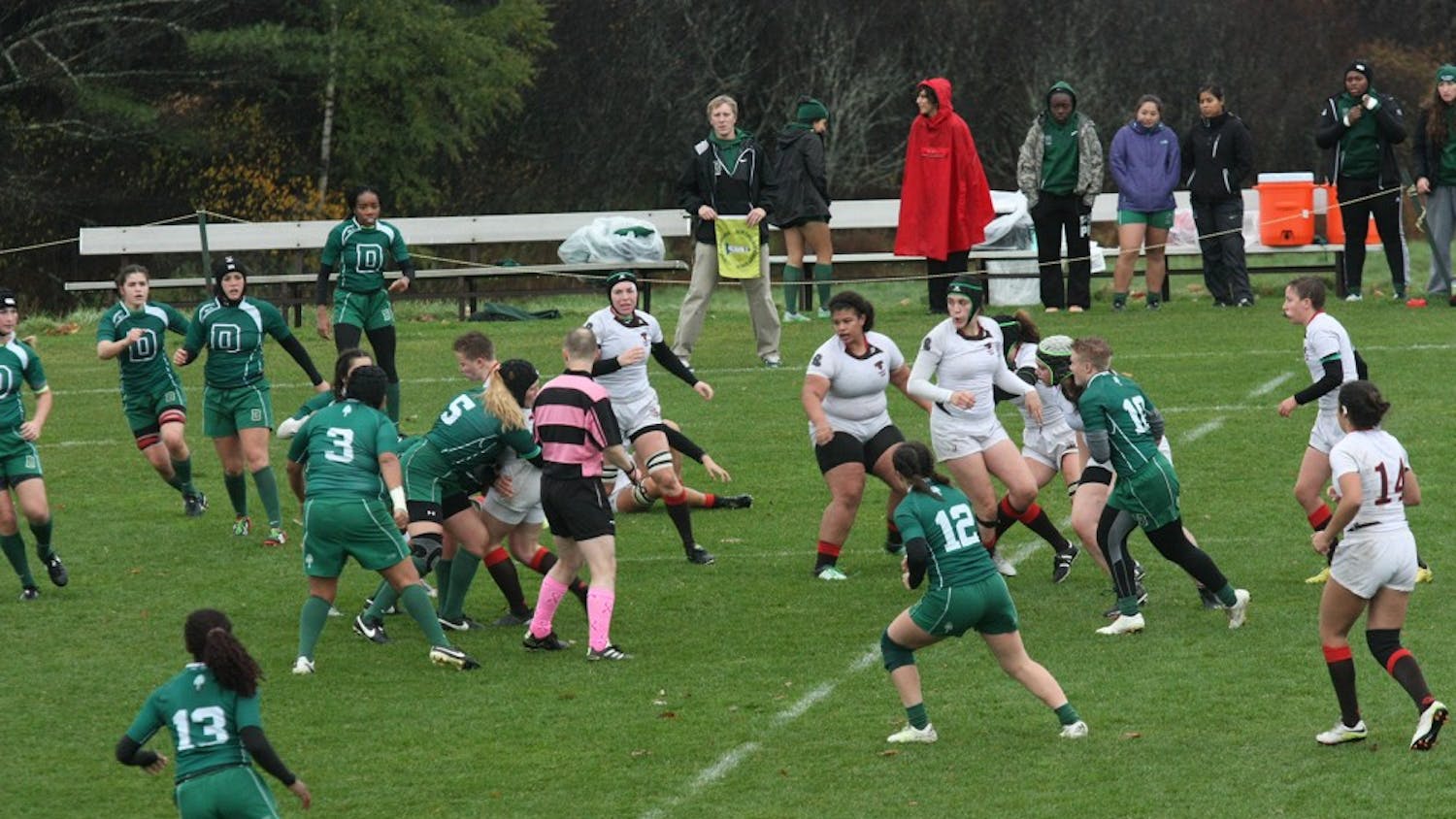The Tuck School of Business received 2,032 applications in 2018-19, a 22.5-percent decrease from the previous academic year.
The decline is consistent with a national trend that has affected peer business schools over the past few years, according to Tuck’s executive director of admissions and financial aid Luke Anthony Peña. However, Peña said the decline in applications “was entirely concentrated in this last year.” But Peña noted that, historically, “Tuck generally catches up with market application volume one or two years after the rest of the market.”
The trend of declining graduate business applications at Tuck and other peer institutions across the U.S. has occurred at the domestic and international level. One of the main reasons for domestic declines in application numbers is the strong economy in the U.S., which creates a high opportunity cost for leaving the workforce and pursuing an MBA, Peña said. Thus, many potential candidates opt to keep their jobs instead of going to business school. In the case of international candidates, he said, uncertainty about the hiring market in the U.S. and the current visa landscape have deterred candidates from pursuing a degree. Instead, international candidates are applying to schools in Canada, Europe, Australia, Singapore or China, Peña said.
Hoping to influence change in these areas, Tuck dean Matthew Slaughter and several other business school deans recently advocated for policy reform, according to Peña.
Although the overall volume of domestic and international applications has decreased, Tuck managed to enroll the highest percentage of minority students — 24 percent of the class — and international students — 38 percent of the class — in its history, receiving candidates from 45 countries, “the greatest number of countries represented by a single class in the school’s history,” Peña said.
Tuck has launched efforts to increase MBA applications, including a fundraising campaign for student scholarships, heightened international recruitment and adjustments to the program’s first-year core curriculum.
Beyond the fundraising campaign, Tuck has addressed the affordability of its MBA program by increasing the number and size of scholarships awarded in the past couple years, according to Peña.
To recruit international students, Tuck reached out to prospective international applicants and provided them with a clearer “value proposition” of a Tuck MBA, Peña said. Additionally, Peña said he spent part of his summer recruiting in Asia, Latin America and Europe.
Additionally, the first-year core curriculum was revamped this year to include greater emphasis on analytics and leadership skills, according to Tuck’s senior associate dean for teaching and learning Joe Hall. He added that Tuck adjusted its course load to allow first-year students to focus on obtaining an internship for the summer between their first and second years.
The decline in applications appears to not coincide with a decrease in the qualifications of students. In fact, the Class of 2021 surpassed previous records, achieving an average GMAT — the graduate school entrance exam — score of 723, the highest in the school’s history.
“[The Class of 2021 is] totally on par with what I would expect from any Tuck class after teaching here for 20 years, so [there is] no noticeable difference in quality at all,” Hall said.
When deciding whether to apply to Tuck, Hall said he believes that Tuck fosters a close-knit community.
Trang Le Tu’20 said she appreciates Tuck’s strong collaborative community, the core curriculum and the great academic opportunities.
Le said her degree will set her “on a different leadership trajectory to be able to move up the corporate ladder more quickly.”
Hall said that despite questions about the value of an MBA degree, he believes “coming back and getting and MBA is a great way to restart [one’s] career by getting exposed to new areas, even in a very strong economy.”




